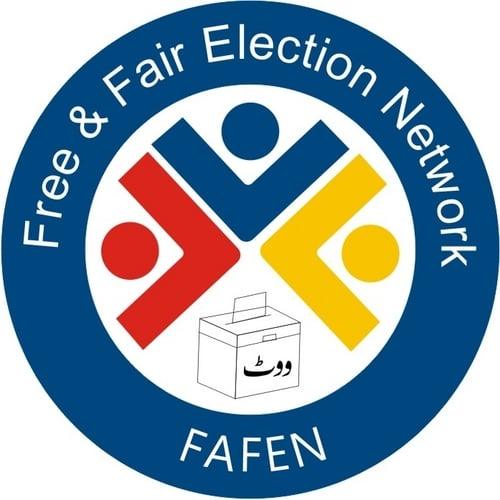Islamabad:
The free and fair electoral network (FAFEN) called for reforms to fill the gaps in the implementation of the law on transparency and the right to information of the PENDJAB (PTRIA) 2013.
In a political dissertation entitled “Strengthen the RTI framework at Punjab”, Fafen urges close collaboration between the Punjab assembly, the Punjab information commission and civil society to transform the promise of Ptria into practice.
The political thesis is part of the “counter-information by information” campaign of Fafen.
While Pakistan struggling with an increasing disinformation that often feeds political polarization, the strengthening of RTI executives is essential to restore public confidence and ensure fair access to information.
Hailed as a progressive law, PTRIA faces challenges of implementation anchored in legal ambiguities and institutional weakness.
FAFEN’s assessments of its implementation reveal that around 80% of the ministries did not know that their obligation to publish annual compliance reports under PTRIA while a majority of public bodies have not responded to FAFEN requests in the legally stipulated response time.
The political thesis highlights critical legal and operational challenges, including the discretionary controls of the provincial government on the appointment and abolition of information commissioners and the budget allocation of the PIC.
In addition, a vague or missing definition of key terms such as “working days” and the “public body”, risk the arbitrary interpretation which can undermine the spirit of the law.
In addition, the absence of standardized file holding formats, mechanisms for processing underdeveloped digital complaints and inadequate privacy protection for candidates weaken the application of the law more.
To solve these problems, Fafen offers modifications to PTRIA, including clearer definitions to cover private entities receiving public funds and government contracts, guarantees for denunciators and provisions for anonymous RTI applications.
The brief urges the Punjab assembly to establish a bipartite committee to appoint the information commissioners and to create an independent fund to ensure the financial autonomy of the Commission.
He also recommends allowing the Commission to issue restrictive directives on the management of files, carry out inspections and adopt a five -year strategic plan to institutionalize transparency.
Stressing the role of technology, Fafen also recommends a functional online complaint system and standardized digital disclosure to improve accessibility.
Awareness campaigns of the supported public via the media and community engagement are proposed to educate citizens and civil servants on RTI rights and obligations.




